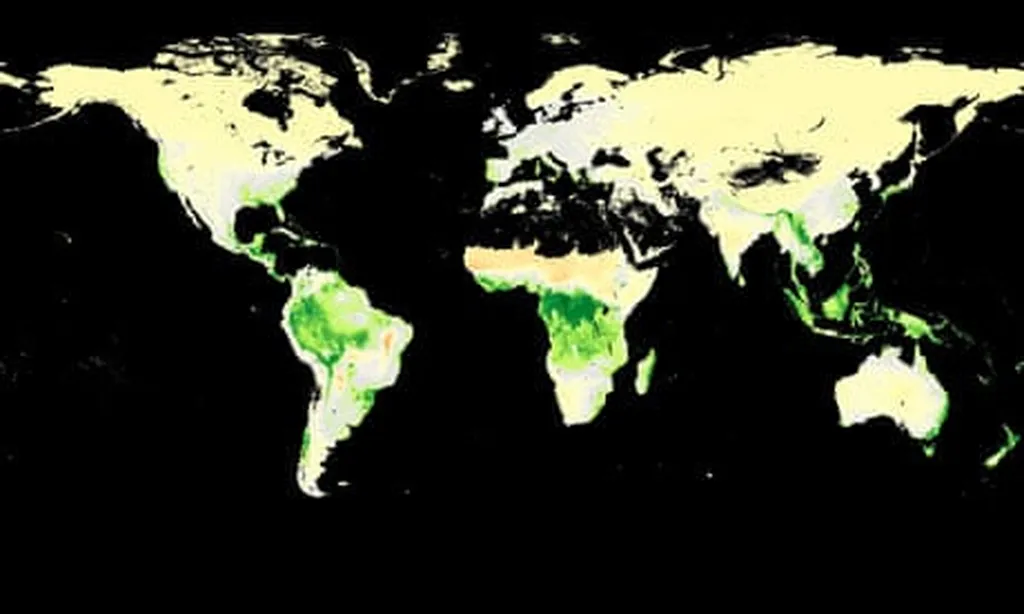The Amazon rainforest, often referred to as the “lungs of the Earth,” is facing an unprecedented crisis. Increasing threats from deforestation and climate change have pushed portions of the Amazon to a point where they emit more carbon into the atmosphere than they absorb. This alarming shift, particularly evident in the southern Amazon, is characterized by rising temperatures, reduced soil moisture, lowered water tables, and an elevated rate of tree mortality. Scientists warn that the Amazon could reach its tipping point—when it loses its ability to regenerate and becomes permanently degraded—by as early as 2050. The implications of this ecological shift are profound and far-reaching, particularly for the agriculture sector and investors.
The transformation of the Amazon has significant consequences for agriculture, both locally and globally. The southern Amazon’s transition from a carbon sink to a carbon source disrupts the delicate balance of ecosystems that support agricultural activities. As the forest degrades, soil quality diminishes, and water resources become scarcer, directly impacting crop yields and livestock productivity. The encroachment of agriculture into forested areas, driven by the demand for land, exacerbates deforestation, creating a vicious cycle that further degrades the environment.
For investors, the situation presents a complex landscape of risks and opportunities. On one hand, the degradation of the Amazon could lead to short-term gains for agricultural enterprises as they expand into newly cleared lands. However, this approach is unsustainable and carries long-term risks. The loss of biodiversity and ecosystem services can lead to reduced agricultural productivity, increased vulnerability to pests and diseases, and heightened exposure to climate-related disasters. Investors must weigh these risks against the potential for sustainable, long-term investments in agriculture that prioritize environmental conservation and regenerative practices.
The documentary filmed by Fer Ligabue, Jacqueline Lisboa, and Solange Azevedo, in collaboration with the World Wide Fund for Nature-Brazil, captures the stark reality of the Amazon’s decline. Their work highlights the plight of Indigenous communities who are witnessing the disappearance of plants and animals that are vital to their sustenance. The film also underscores the urgent need for action to address the underlying causes of deforestation and climate change.
The Yale Environment 360 Film Contest, now in its 12th season, aims to bring attention to critical environmental issues through documentary filmmaking. The contest’s winners, selected by a panel of esteemed judges, including Pulitzer Prize-winning author Elizabeth Kolbert and Academy Award-winning documentary filmmaker Thomas Lennon, serve as a powerful medium for raising awareness and fostering dialogue on environmental conservation.
As the Amazon approaches its tipping point, the agricultural sector and investors must recognize the urgent need for sustainable practices. The degradation of the Amazon is not just an environmental crisis but also an economic one. By adopting regenerative agriculture, investing in conservation efforts, and supporting Indigenous land rights, stakeholders can contribute to the preservation of the Amazon and ensure the long-term viability of agricultural enterprises. The time to act is now, as the consequences of inaction will reverberate globally, affecting not only the Amazon but also the world’s climate and food security.

